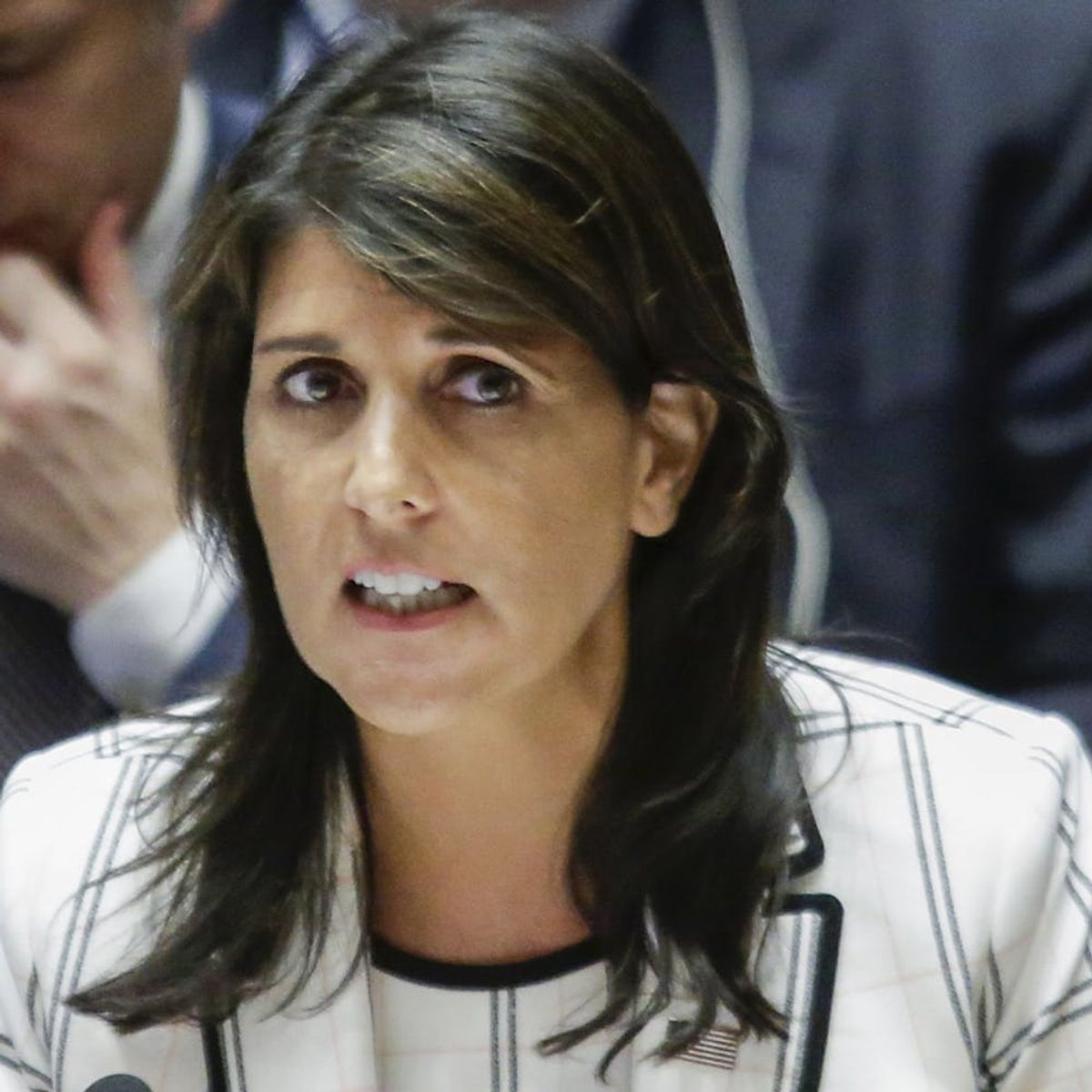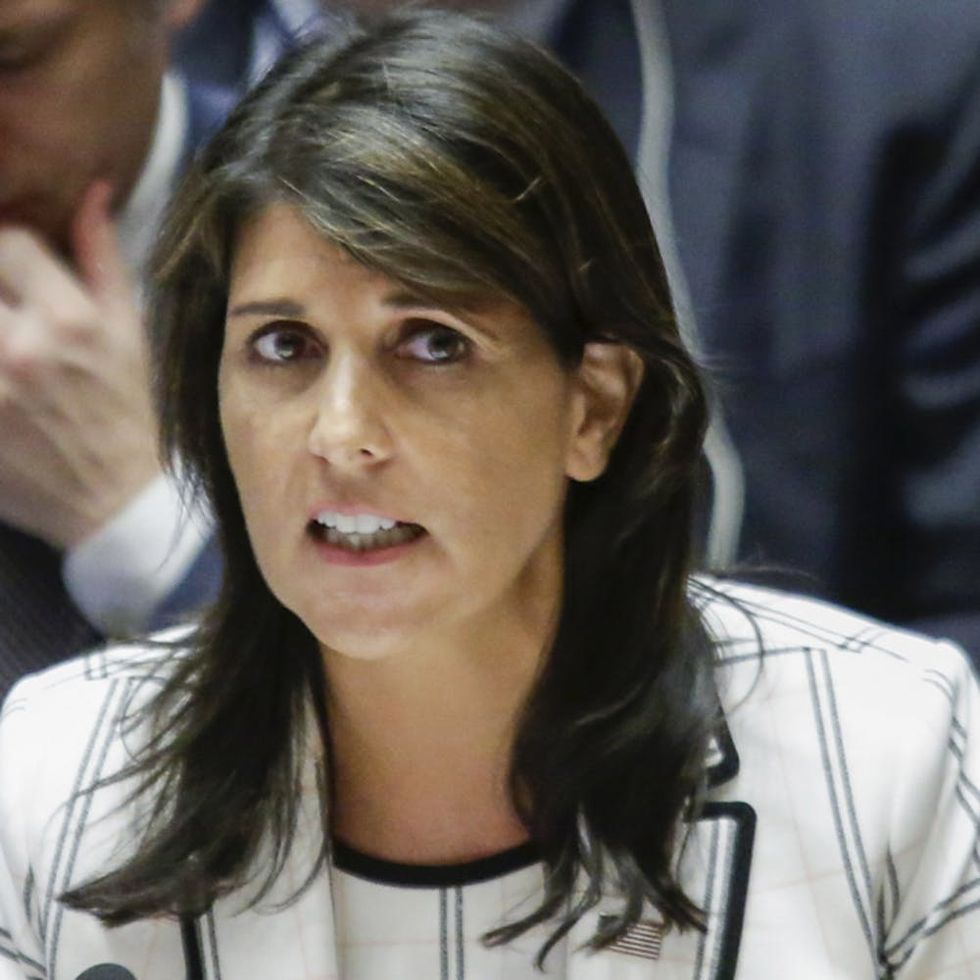The US might be giving up its place as a global human rights leader.
What US Withdrawal from the UN Human Rights Council Could Mean for Immigrants

On Tuesday afternoon, June 19, US Ambassador to the UN Nikki Haley announced that the US will be withdrawing from the UN Human Rights Council effective immediately. The move will drastically impact the United States’ role as a human rights leader on the international stage. Domestically, it could also affect the way immigrants in the country will be treated by immigration officials going forward.

The UN has already condemned the US government’s separation of migrant children from their parents as a violation of human rights and international law. The current administration has said it has no plans of stopping, however, and argue that they are simply enacting already established laws, which isn’t true. There is no law that states that migrant families should be arrested and separated.
While the effects are speculative at this point, withdrawal from the UN council could mean continued violations of children’s rights and the continued detention of migrants fleeing their war-torn and violence-ravaged countries of origin. Attorney General Jeff Sessions has said that the separation of families is being used as a deterrent to those fleeing to the US. However, statistics show that while fewer people may attempt to enter the US on account of harsher US border policies, taxpayers will pay millions more dollars to detain individuals who do decide to cross — and more people will die trying to escape to a new life.
Without having a seat within the council, it is unclear whether the US will be cooperative with it in any form or whether it will attempt to block the UN from investigating these violations of human rights and international laws. The decision adds to mounting concerns that the US is retreating from its longstanding global position as a leading voice in international human rights advocacy.
Late last year, the administration announced the country’s withdrawal from a United Nations pact to improve the handling of migrant and refugee situations, deeming it “inconsistent” with its nationalist policies. Since then, attacks on immigrants both with and without proper paperwork has only escalated, culminating in the separation of parents from their children — some as young as four months old.
Since the 47-member council was founded in 2006, the US has been intermittently critical of its positions. Last year, US Ambassador to the UN Nikki Haley accused the Human Rights Council of anti-Israel bias due to the group’s ongoing investigation into human rights violations in Palestine. The US pulled out of UNESCO in 2017 for similar reasons.
(Photo by Eduardo Munoz Alvarez/Getty Images)

















